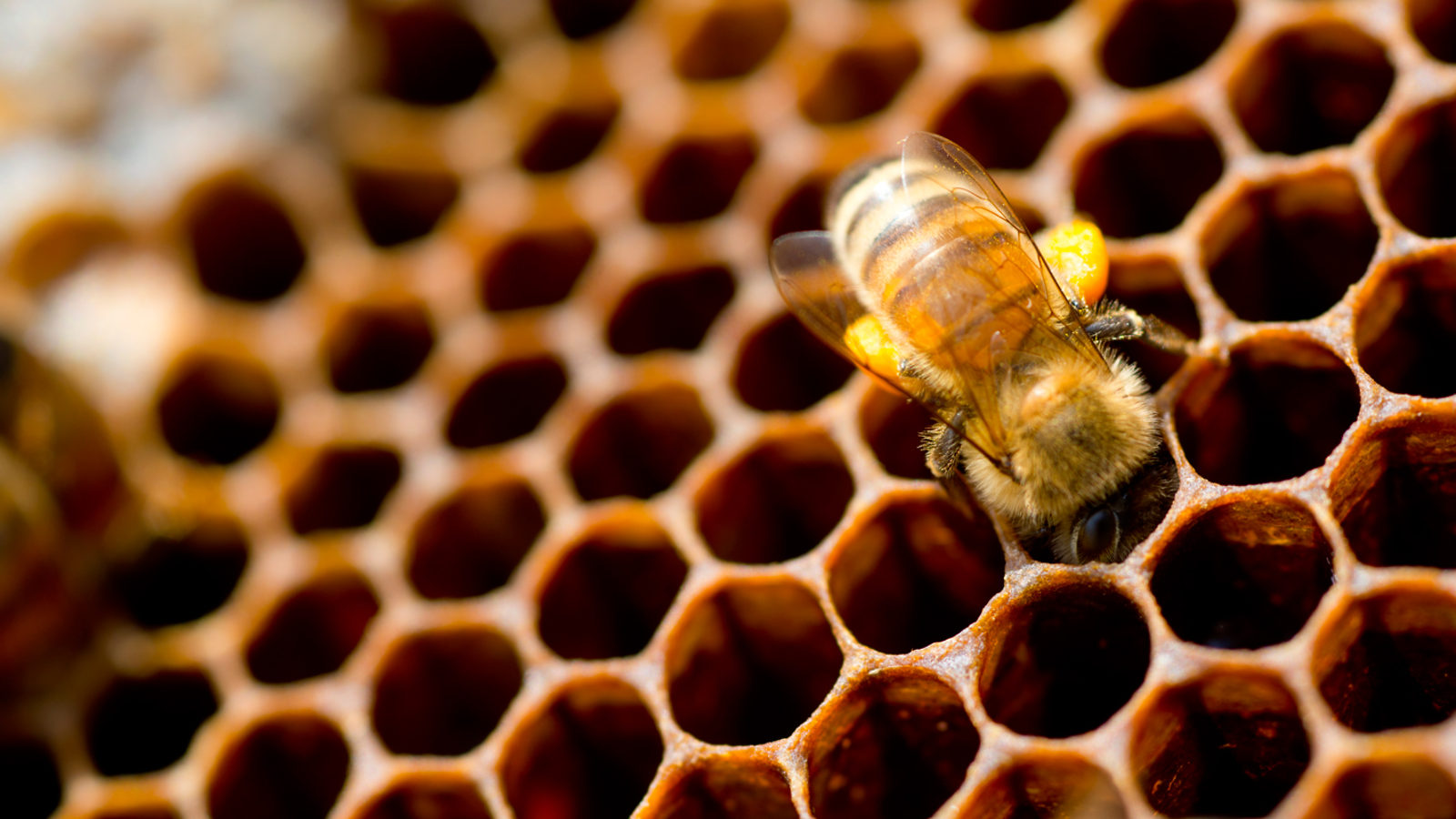



Article by: Hari Yellina
Backyard beekeeping is on the rise, but with the deadliest bee parasite in the world right here, will well-intentioned hobbyists ruin Queensland’s honey industry? Thousands of hives have been destroyed since the varroa mite, a parasite that carries viruses that impair bees’ ability to fly, gather food, or emerge from their cell to give birth, was discovered in New South Wales in June. Authorities are attempting to remove it as quickly as possible. Since apiarists had to deal with movement limitations, the loss of money, and destroyed hives as a result, it has created significant difficulties for the commercial beekeeping sector, which is essential for the pollination of crops throughout Australia. However, while the number of commercial beekeepers in Queensland has remained constant, the number of hobby beekeepers has increased.
With it comes various degrees of expertise, comprehension, and adherence to laws created to safeguard the larger business from pests and diseases. Jo Martin, the state secretary of the Queensland Beekeepers’ Association, believed that the popularity of backyard beekeeping would not harm the sector. “We never anticipated the velocity and growth of recreational beekeepers across metropolitan regions and regional areas,” Ms. Martin added. Only 300 of Queensland’s more over 9,000 registered beekeepers are commercial. Urban and recreational beekeepers must register with Biosecurity Queensland, according to Ms. Martin, in order to be informed in the case of an outbreak, given advice, and included in the response.
Another pest that novice beekeepers need to be aware of is the small hive beetle. The Queensland Beekeepers’ Association says that this year’s soggy, rainy weather has made it a significant issue. Many apiarists have reported losses of 10% to 15% of hives to the small hive beetle as a result of the recent rainy weather sequences that we’ve encountered in Queensland, Ms. Martin said. In some areas of Queensland, we genuinely anticipate that the small hive beetle will be experiencing plague-like circumstances. We strongly advise beekeepers to sign up for the BeeAware website since it serves as an excellent resource for learning how to effectively control a variety of pests in apiaries.